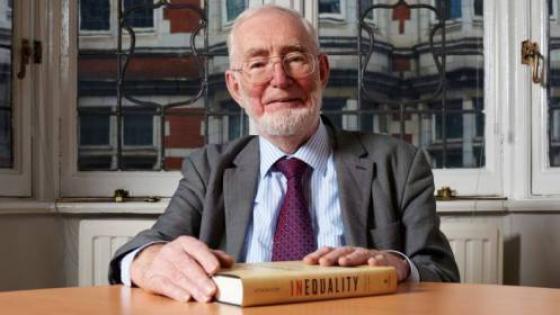After his first degree at the University of Modena, Andrea Brandolini obtained an M.Sc. In Economics from the London School of Economics. In June 1992 he joined the Bank of Italy’s Economic Research Department. From 2007 to 2012 he was the head of the Economic Structure and Labour Market Division. He has been the head of the Statistical Analysis Directorate since June 2015. He is a member of the Statistics Committee of the European System of Central Banks and vice-chair of the Committee on Monetary, Financial and Balance of Payments Statistics (CMFB).
He represented the Bank of Italy in the Poverty Commissions established by Italian governments and in the Working Group on Minimum Income at the Minister of Labour and Social Policies. He chaired the Istat Commission on the absolute poverty methodology and he is a member of the Istat’s Scientific Committee on the Measurement of Well-Being. He was the Italian representative in the Luxembourg Income Study, where he sat in the Executive Board and directed with Timothy M. Smeeding the Luxembourg Wealth Study, a pilot project aimed at constructing a harmonised cross-national database of micro information on household wealth. He was a member of the World Bank Commission on Global Poverty chaired by Tony Atkinson.
He chaired the council of the International Association for Research in Income and Wealth (IARIW) and sat in the council of the Society for the Study of Economic Inequality (ECINEQ). He is a fellow of the Human Development and Capability Association (HDCA) and a policy fellow of the Institute for the Study of Labor (IZA). He was associate editor of the Journal of Economic Inequality and a member of the editorial boards of the Review of Income and Wealth, the Italian Economic Journal and Politica economica – Journal of Economic Policy. He is a founder of the Italian demography website www.neodemos.it.
He has published papers on poverty and inequality, well-being measurement, labour economics, and the history of economic thought (for a partial list, see https://ideas.repec.org/e/pbr18.html).
